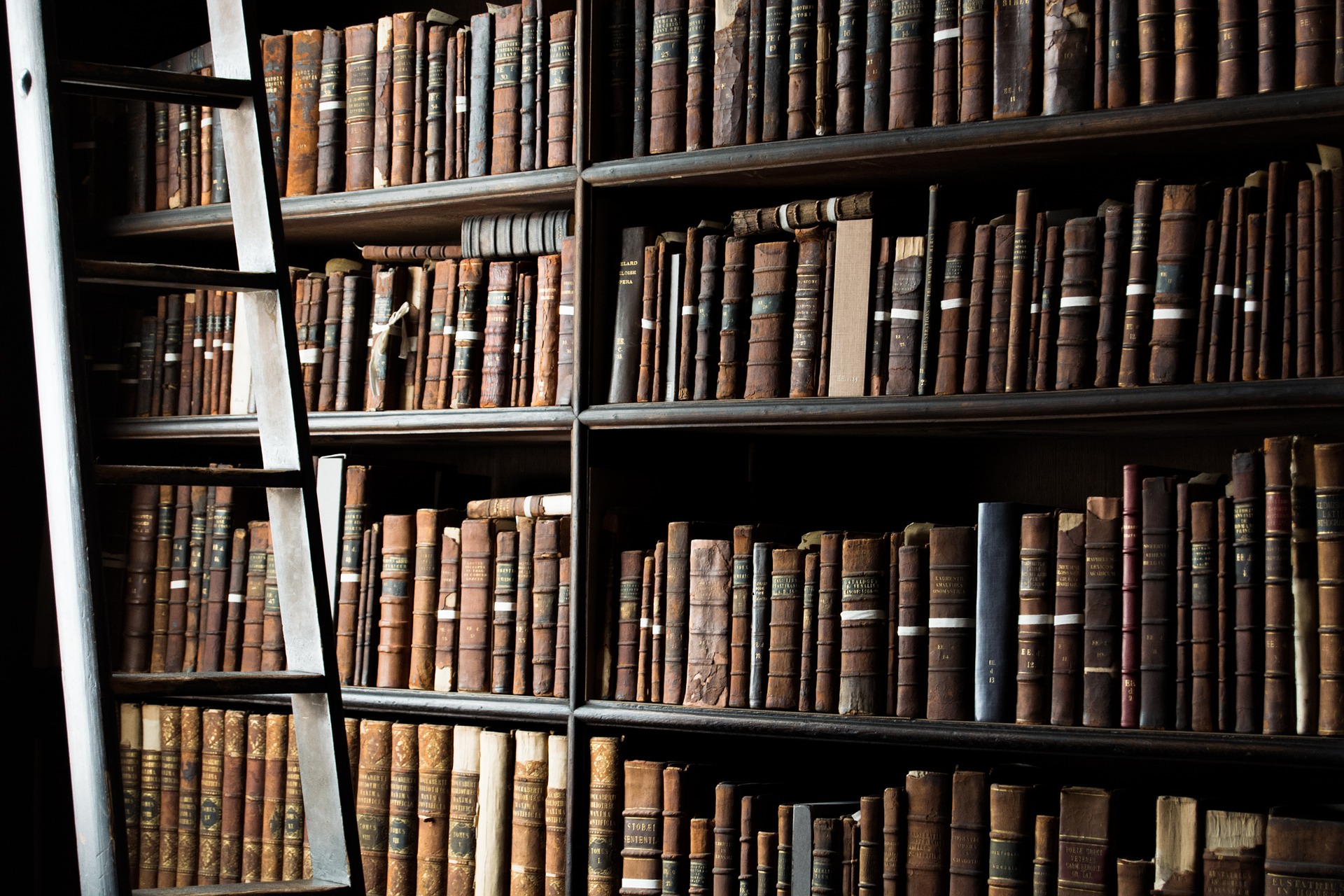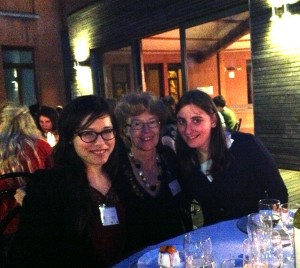The School of English was well represented at a major supernumerary conference, ‘The Global and the Local’, that brought together the North American Victorian Studies Association (NAVSA), British Association for Victorian Studies (BAVS) and Australasian Victorian Studies Association (AVSA) on the island of San Servolo in Venice last week (3-6 June 2013).
Participating from Kent were Angie Dunstan, Barbara Franchi, Michael Hollington, Wendy Parkins and Cathy Waters. With four plenary speakers, nine parallel sessions running at any one time and a range of ‘first-come-first-served’, material culture and work-in-progress seminars, individual participants could only sample a small range of the topics on offer. Cathy Waters chaired a session devoted to tourism (Variations on the Grand Tour) and attended other sessions on Dickens, Travel Writing, Place and the Local, War, forming Victorian Modernity, technologies of seeing, intercultural transfers and journalism. Amongst the plenary papers, Lynda Nead’s close and detailed analysis of William Mulready’s painting, The Toy Seller (1862), in the context of debates about race, gender and empire; and Lydia Wevers’s account of reading practices on Brancepeth Station in the Wairarapa, New Zealand, were highlights for her. So too was the conference tour of Basilica di San Marco at night.
While Cathy Waters was chairing, in another room Barbara Franchi was giving a paper on sea metaphors and the mediumistic power of literature in A. S. Byatt, in a panel on trans-body and trans-national journeys. In particular, this paper discussed how Angels and Insects, a Neo-Victorian collection of novellas, deploys different myths of the sea and creates an intertextual sea of narration. On the one hand, in fact, the text represents the Victorian myth of the conquering and dauntless seaman in opposition to the archetype of Ulysses. On the other hand, through the literary presence of Ulysses and the eternal quests for life in death, Byatt constructs a literary genealogy which has the power to transact between the living and the dead. Angels and Insects is an attentive and precise reconstruction of Victorian society, since it explores the major opposition between Darwinian science and spiritualism, but Barbara maintains that it is ultimately a postmodern representation of the infinite, power of literature, which is as boundless as the sea.
As a first-year PhD candidate, this was Barbara’s first presentation at a major international conference and she enjoyed the experience very much. She also attended sessions on Gender, Sensationalism, Bronte, George Eliot, Travelling and Museums across the empire. To her, the most interesting papers were on Villette and Sir Richard Burton’s translation of the Arabian Nights. The Material Culture seminar run by Murray Baumgarten on the Jewish Ghetto of Venice was one of the highlights for Barbara, as well as the seminars on the Italian Risorgimento. She especially liked the cross-cultural scope offered by these seminars and the cultural and historical dimensions they evoked. The conference also provided major networking opportunities with scholars from all over the world: it was very interesting to discuss ideas and get to know researchers coming not only from different fields but also from a wide range of research perspectives. Finally, Barbara was equally pleased to meet old friends and colleagues: as a Venice graduate now studying at Kent, she feels she embodied both the Local and the Global of the conference title.



